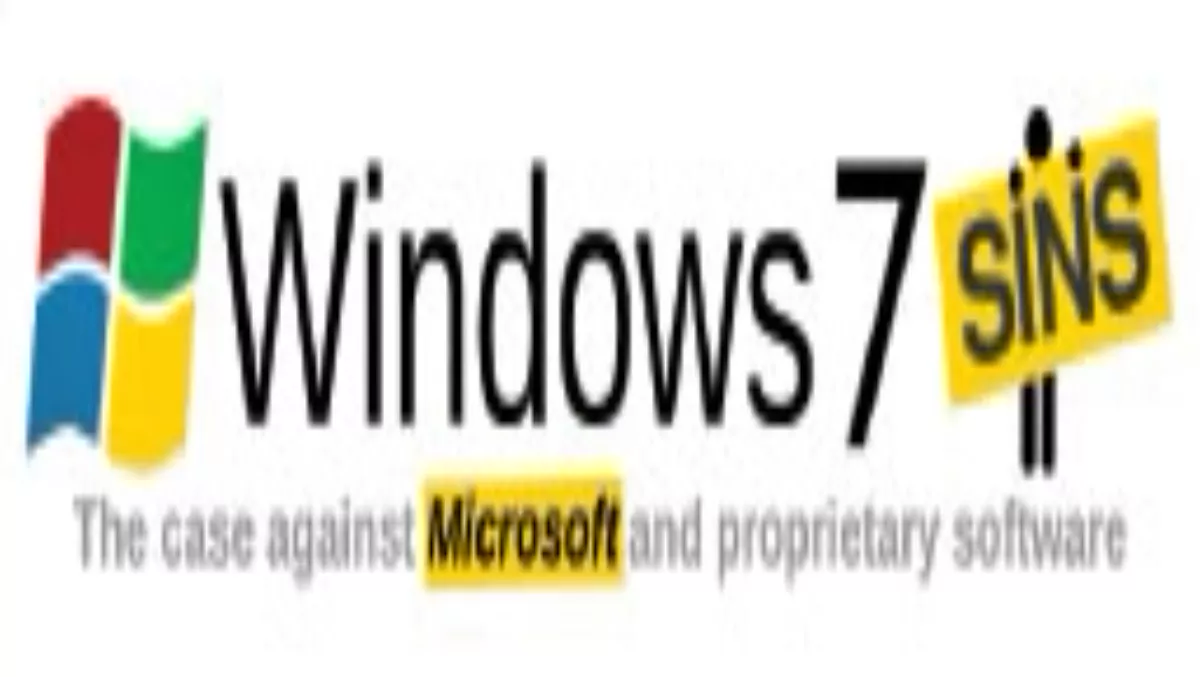
The 7's deadly sins
Supporters of open source software are campaigning against Microsoft’s new Windows 7 operating system, which is due for public release on October 22nd.
The Free Software Foundation’s Windows 7 Sins campaign (windows7sins.org) opposes proprietary software (computer software with restrictions on use or private modification).
The FSF claims that proprietary software can hurt users - invading privacy, poisoning education, locking users in, abusing standards, leveraging monopolistic behaviour, enforcing digital rights management, and threatening user security. “The fact that Windows 7 is proprietary means that Microsoft asserts legal control over its users through a combination of copyrights, contracts, and patents,” the FSF says.
“Two years ago, Microsoft released Windows Vista, to little fanfare and much disappointment, both from users, facing a battle of broken software, drivers and heavy restrictions, and from developers, scrambling to bring software up-to-date to work with the new system.
“Two years later, Microsoft itself admits Vista failed. Users were not ready to accept the huge downgrade that Vista offered, and Microsoft has attempted to rectify this with the announcement of Windows 7.”
The FSF says Windows 7 leaves netbook users “at the mercy” of Microsoft because it controls which applications they can use, as well as the number of applications that can be run simultaneously.
The FSF has written to all the Fortune 500 companies (except Microsoft) outlining its concerns, in a bid to persuade businesses to switch to open source software rather than buy Microsoft products.

